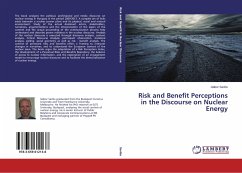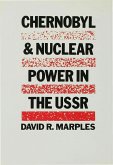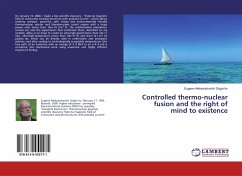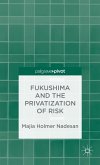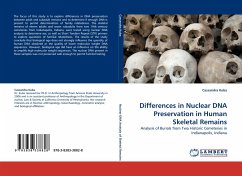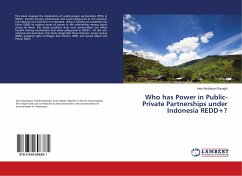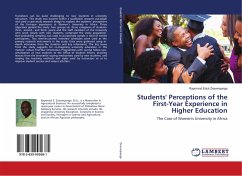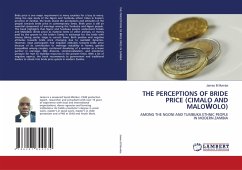The book analyzes the political, professional and media discourse on nuclear energy in Hungary in the period 2009-2013. A complex set of links exists between a nuclear power plant and its physical, social and natural environment. Study of the actual dominant actors, stakeholders, narratives, argumentations and the interpretation of the layers of the content and the actual proceeding of the communication process help understand and describe power relations in the nuclear discourse. Analysis of the nuclear discourse is executed through discourse analysis, content analysis, Critical Discourse Analysis, participant observation, statistical analysis, polling, social geometry as well as risk - benefit analysis. The context of perceived risks and benefits offers a framing to interpret changes in narratives, and to understand the European context of the nuclear issue. The book urges the adaptation of a Risk Perception Index, the development of a Perpetual Risks and Benefits Repository, the balance of access to nuclear information, and the exploration of an engagement model to encourage nuclear discourse and to facilitate the democratization of nuclear energy.
Bitte wählen Sie Ihr Anliegen aus.
Rechnungen
Retourenschein anfordern
Bestellstatus
Storno

